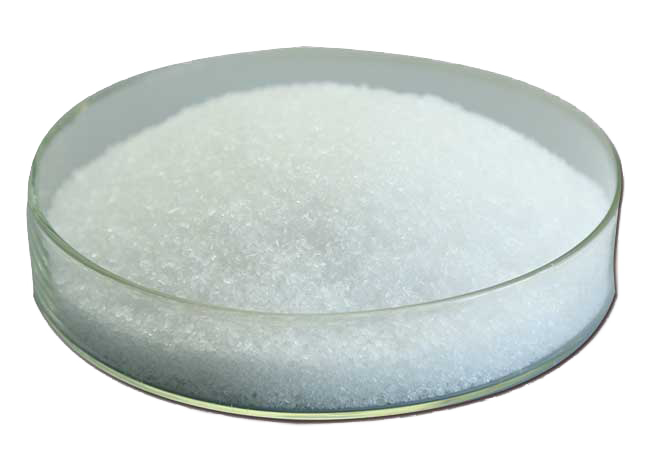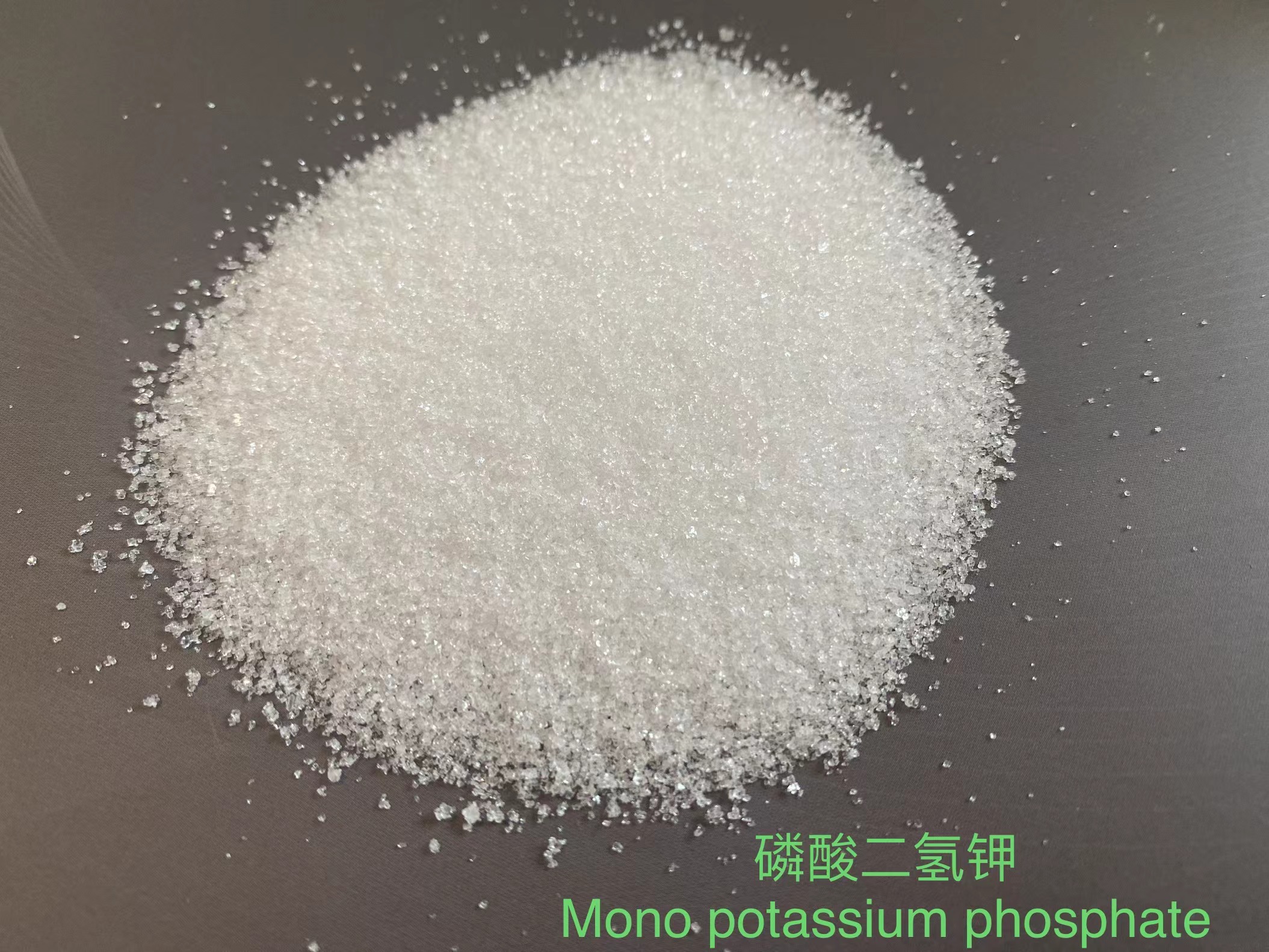MKP has high nutrient content and good effect, and is widely used in agricultural production, but potassium dihydrogen phosphate is good and should be used correctly. Many growers do not pay attention to the use of potassium dihydrogen phosphate when using it, and it is not effective and wasted. Today I will tell you about the correct use of MKP.
First, how to choose MKP?
For this to work, you need the right MKP. At present, there are two dosage forms of potassium dihydrogen phosphate on the market: crystal and powder, how to choose? It is recommended that you choose powdered MKP, which dissolves in water faster and has a higher utilization rate than crystals. Moreover, nearly 60% of the MKP on the market is mostly crystal, which is because the powder potassium dihydrogen phosphate is very important to the production worker
Art requirements are higher, difficult to fake, high cost, so farmers choose powder more assured. It is recommended that we use chelating energy powder potassium dihydrogen phosphate which does not damage the leaves, and the application of chelating energy technology can make potassium dihydrogen phosphate reach instant solubility and all water Solubility, fast absorption, high utilization rate, up to 98%.
When is potassium dihydrogen phosphate used?
Potassium dihydrogen phosphate is generally used at the peak of crop uptake of phosphorus and potassium nutrients. For example, when the demand for phosphorus is large in flower bud differentiation stage, spraying potassium dihydrogen phosphate can reduce the physiological fall of flowers and fruits, improve the flowering and fruiting rate, and have a good effect on flower and fruit preservation; when the demand for potassium is large in fruit swelling stage, spraying potassium dihydrogen phosphate to supplement potassium has a significant effect on fruit expansion.
When is MKP not recommended? The answer is pregrowth. The potassium ions in potassium dihydrogen phosphate have antagonistic reaction with calcium and magnesium ions, which is not conducive to the absorption of calcium and magnesium. Calcium and magnesium play an important role in crop growth. Calcium deficiency will affect cell division and inhibit root growth; magnesium deficiency will affect photosynthesis of crops, and insufficient nutrient absorption in the early stage will cause irreparable damage to the later growth. Therefore, growers must remember to avoid the use of potassium dihydrogen phosphate in the early stages of growth.
Post time: Nov-21-2023







